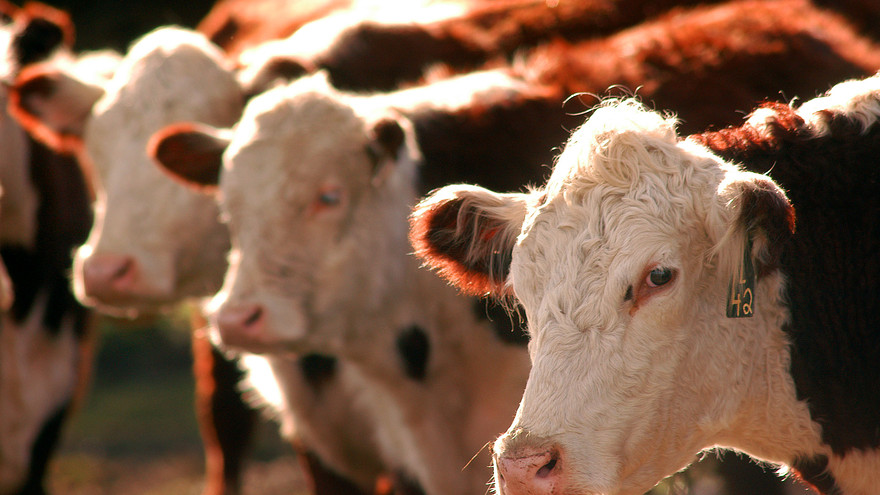Japan May Become More Profitable for Canadian Beef Under New TPP Deal

Earlier this week, Canada’s International Trade Minister, Francois-Philippe Champagne, confirmed an agreement that Canada will sign the Comprehensive and Progressive Agreement for Trans-Pacific Partnership, also know as TPP-11, in early March.
written by Jessica Giles – Steinbach Online
The Canadian Cattlemen’s Association’s (CCA) Director of Government and International Relations John Masswohl says Japan is the main focus of TPP-11 for the cattle industry.
“There’s 11 countries, including Canada, in the deal. With some of them, like Mexico, Peru, Chile, we already have Free Trade Agreements, so it wasn’t about getting new access to some of those countries. Others like Australia, New Zealand, those are major beef producing countries we’re probably not going to export to. So largely for us, Japan was the main issue.”
Masswohl says after the agreement is signed, Canadian beef exported to Japan will see a significant decrease in tariff.
“Beef producers will respond with confidence and want to grow their herds in Canada”
“Japan is one of our top export markets currently. We’ve done a little over $100 million per year the last two years, and that’s with a 38.5 tariff.”
He says, right now Canada is subject to a 50 per cent tariff on frozen beef exported to Japan, and a 38.5 per cent tariff on fresh beef.
In a release, the CCA says they anticipate to see an increase of over $200 million of Canadian beef exports to Japan.
They say, Canada will enjoy a competitive advantage over American beef as the United States will not be a part of the agreement and will remain at a much higher tariff.
“If you can get rid of that duty, or reduce it significantly like we will in this agreement, that money that gets paid to the Japanese government all becomes margin back on the Canadian side,” Masswohl says. “Therefore, that means that market becomes more profitable.”
Canada was the fourth largest beef supplier to Japan, behind Australia, the United States, and New Zealand, all while Australia enjoyed an increasingly preferential tariff.
“Australia has already had a Free Trade Agreement with Japan for about three years now, so they’re about to get their fourth tariff cut, so Australian beef currently goes into Japan with the tariff around 26 to 27 per cent, so that’s been a growing disadvantage each year.”
The CCA says once the trade agreement is implemented, Canadian beef will immediately be imported into Japan at the same preferential tariff as Australian beef.
Masswohl says they were concerned if they would even be able to hang onto the $100 million per year of market access to Japan without a trade deal.
“For us, our feeling was we either do the deal and move forward and are in a better situation, or we move backwards, and there really was no staying put without a deal.”
Masswohl says TPP-11 is an exciting part of a broader strategy.
“You add this on top of the new trade agreement we have with Europe (CETA), hopefully we can get something happening with China, and we’re talking about getting a Free Trade Agreement over there. For beef producers, if you can see all of these markets opening up, I think that does something for the confidence of beef producers in term of long term opportunities.”
He adds the CCA’s hope is beef producers will respond with confidence and want to grow their herds in Canada.












